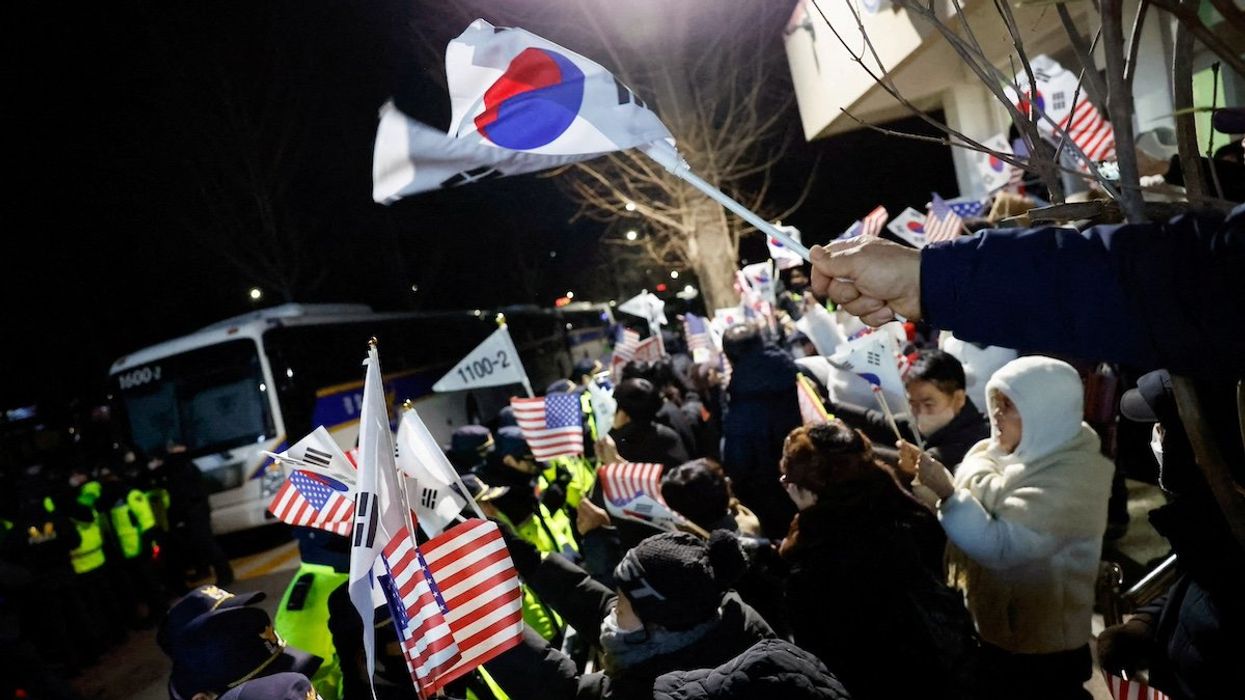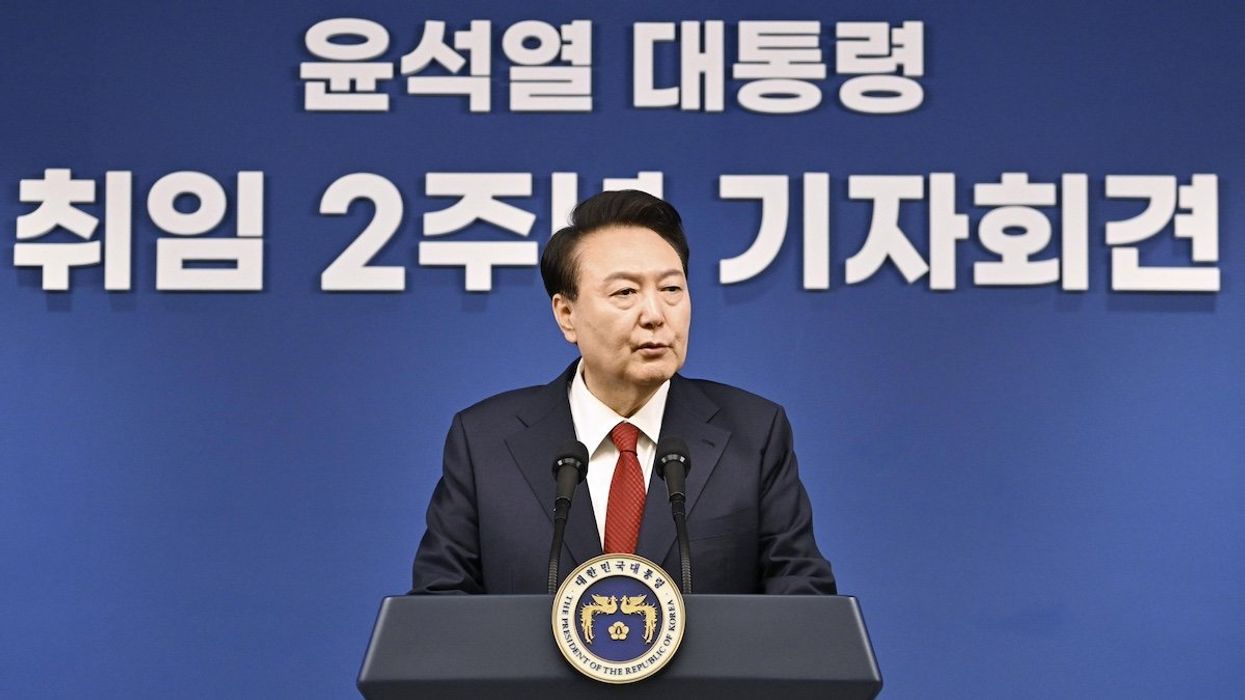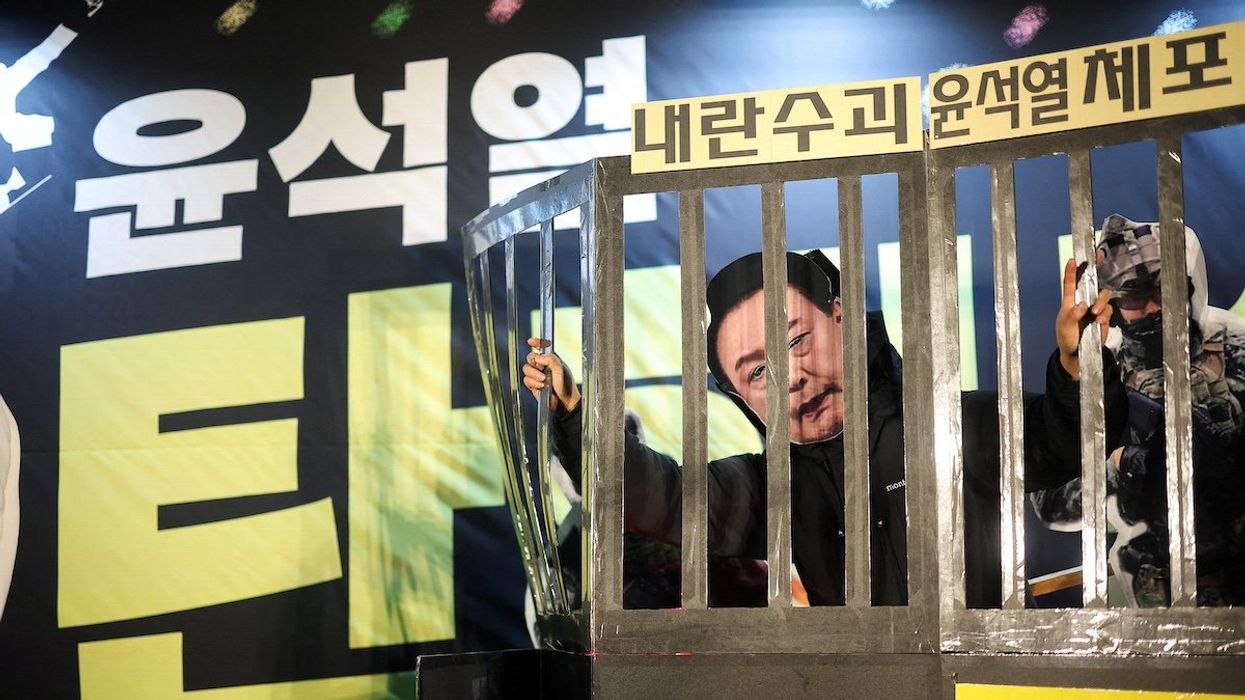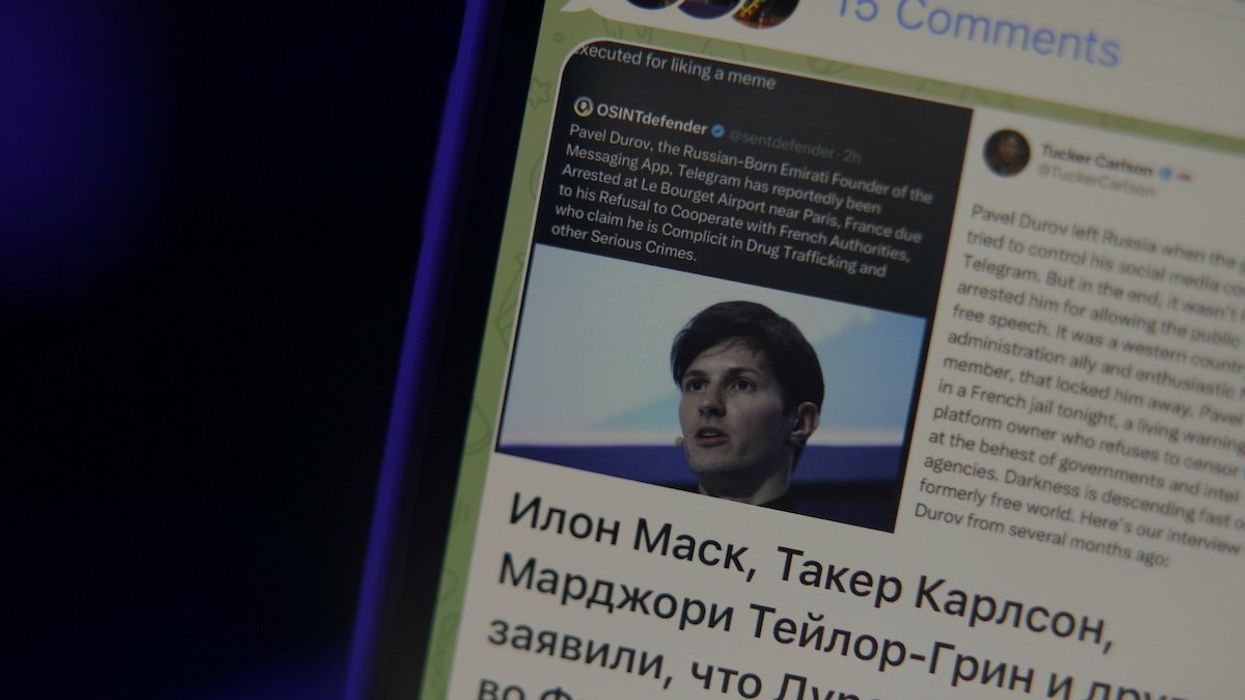What We're Watching
Yoon dodges questioning after supporters storm court
Impeached South Korean President Yoon Suk Yeol refused to accompany police officers for questioning on Monday, after his supporters stormed a court that approved his continued detention on Sunday.
Jan 21, 2025




